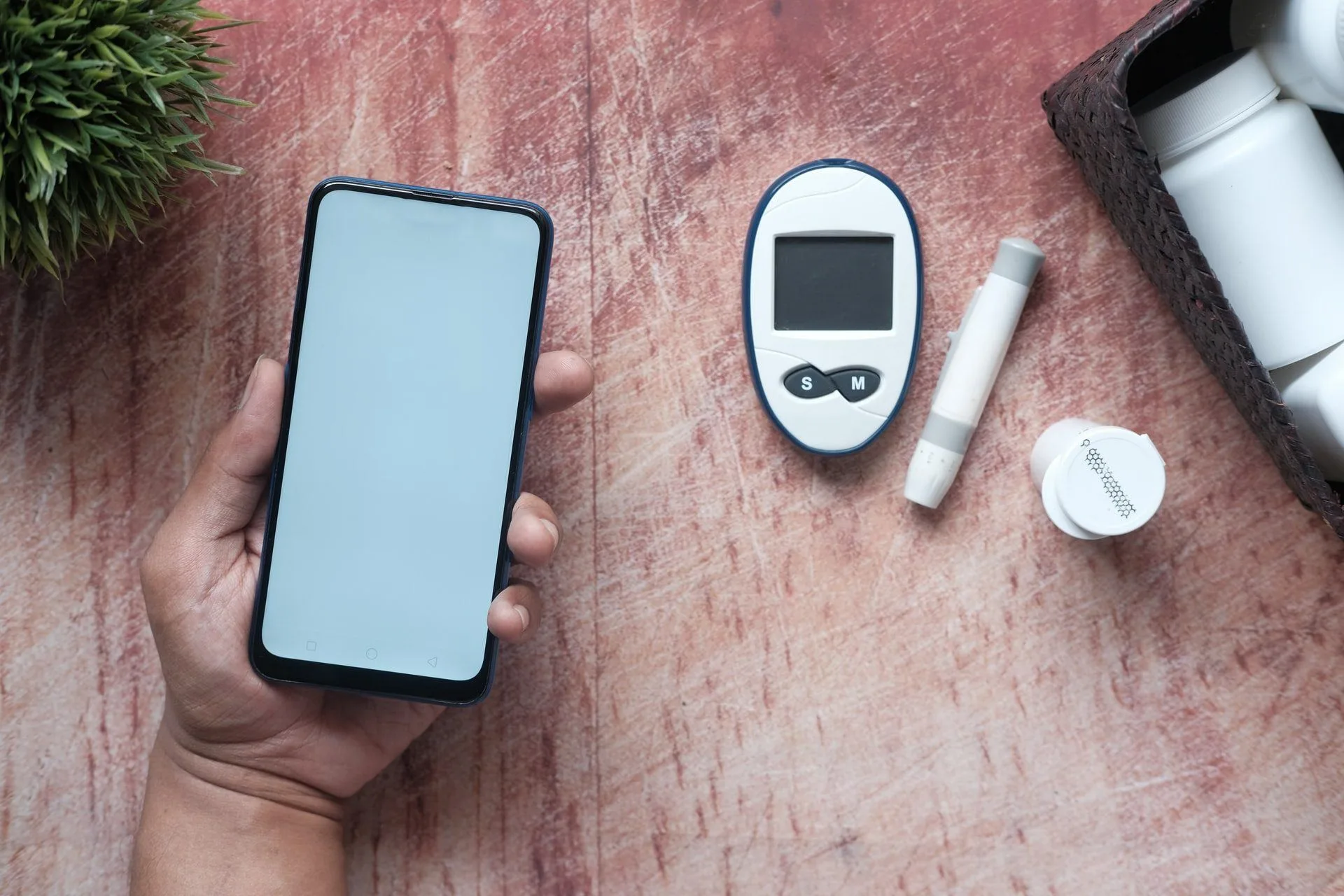According to world estimates, the number of dementia cases is expected to surpass 150 million by 2050. Unfortunately, there is currently no cure for the neurodegenerative condition so there is an increasing focus on protective and preventive methods. A recent study has suggested that a drug used to manage diabetes may help prevent the development of dementia.
Diabetes and Dementia: What’s The Link?
According to research published in The Lancet, type 2 diabetes has been found to double the risk of dementia. The proposed reason behind this is the effect that diabetes has on the heart and blood vessels.
“Dementia can be caused by lack of good blood/nutrition and oxygen flow to the brain and diabetes is very damaging to blood vessels everywhere and certainly to those that supply the brain. This can lead to vascular dementia,” explained Dr. Allison Reiss to Healthline.
Dr. Reiss is a member of the Alzheimer’s Foundation of America’s Medical, Scientific, and Memory Screening Advisory Board as well as an associate professor of medicine at NYU Long Island School of Medicine.
Dr. Reiss adds that diabetes can increase the levels of inflammation in the body, and chronic inflammation is a risk for dementia, “Inflammation causes metabolic stress that harms the brain.” she says.
Diabetes medication for dementia?

Pioglitazone, sold under the name Actos, is commonly prescribed anti-diabetic medication used in the management of type 2 diabetes.
Outside of this, previous research has found that the drug also has anti-stroke effects. As 1 in 4 stroke survivors will go on to develop dementia symptoms, researchers have set out to find an association between pioglitazone and dementia risk.
The study
Led by Dr. Eosu Kim of Yonsei University, researchers analyzed the data of 91,218 aged 50 and older. These individuals were recently diagnosed with type 2 diabetes but had no history of dementia. 3,467 of the participants had received pioglitazone. Dr. Kim and his team performed an average follow-up of 10 years.
Pioglitazone may reduce dementia risk
The study, published in Neurology, found that 8.3% of pioglitazone users developed dementia compared to 10% of non-users.

Lightspring/Shutterstock
Additionally, compared to non-users, individuals taking pioglitazone were 16% less likely to develop dementia, with the effect increasing with the length of pioglitazone use.
Participants who took the drug for 1–2 years were 22% less likely to develop dementia while taking the drug for 4 years caused a 37% reduced risk.
If that’s not enough, the researchers also noted that these reductions were more pronounced in participants who had a prior history of stroke or ischemic heart disease, with them being 43 and 54 percent less likely to develop dementia, respectively.
“Since dementia develops for years before diagnosis, there may be an opportunity for intervening before it progresses. These results may suggest that we could use a personalized approach to preventing dementia in people with diabetes in the case that they have a history of ischemic heart disease or stroke.” – Dr. Eosu Kim
Should we prescribe pioglitazone for dementia?
Not so fast.
While Dr. Kim does believe that the findings provide valuable information on who could potentially benefit from pioglitazone use for the prevention of dementia, this study is not enough to start prescribing pioglitazone for dementia. After all, the study only shows an association between pioglitazone and a reduced risk of dementia – it does not prove that pioglitazone lowers the risk of dementia among Type 2 diabetics.
As such, Kim and his fellow researchers are set to conduct additional research that is needed to confirm these findings,
“We are conducting studies to find out which anti-diabetic drugs show similar effects like pioglitazone in terms of dementia suppression, and animal studies to elucidate molecular mechanisms underlying their anti-AD actions,” he said.
Reducing dementia risk
While you can’t use an anti-diabetic drug to manage your dementia risk, there are other precautions you can take. A 2022 study found that the following factors can help reduce one’s risk of developing the condition:
- Physical activity
- A healthy diet – inclusive of antioxidants, fatty acids, folate, and B vitamins
- A healthy BMI
- Healthy blood pressure – manage stress and cut back on salt
- No smoking
- Healthy total cholesterol – cut back on processed foods
- Healthy blood sugar – exercise regularly and cut back on processed foods
MAIN IMAGE CREDIT:Photo by Towfiqu barbhuiya on Unsplash
References
Ha J, Choi DW, Kim, Kim KY, Nam CM, Kim E. (2023). Pioglitazone use and reduced risk of dementia in patients with diabetes mellitus with a history of ischemic stroke. Neurology. doi: 10.1212/WNL.0000000000207069
Srikanth, V., Sinclair, A. J., Hill-Briggs, F., Moran, C., & Biessels, G. J. (2020). Type 2 diabetes and cognitive dysfunction-towards effective management of both comorbidities. The lancet. Diabetes & endocrinology, 8(6), 535–545. https://doi.org/10.1016/S2213-8587(20)30118-2
Tin, A., Bressler, J., Simino, J., Sullivan, K. J., et al. (2022). Genetic Risk, Midlife Life’s Simple 7, and Incident Dementia in the Atherosclerosis Risk in Communities Study. Neurology, 10.1212/WNL.0000000000200520. Advance online publication. https://doi.org/10.1212/WNL.0000000000200520



![women [longevity live]](https://longevitylive.com/wp-content/uploads/2020/01/photo-of-women-walking-down-the-street-1116984-100x100.jpg)










